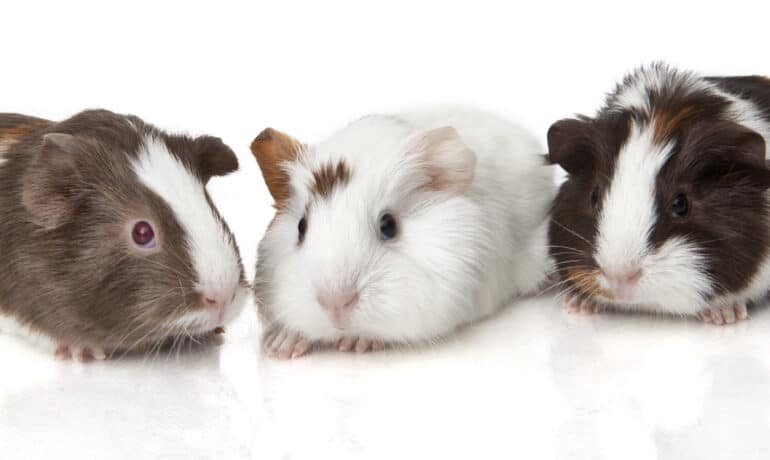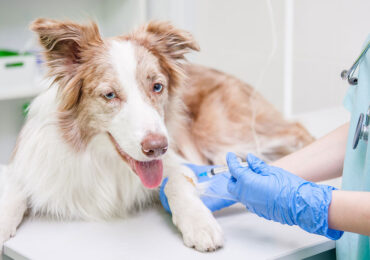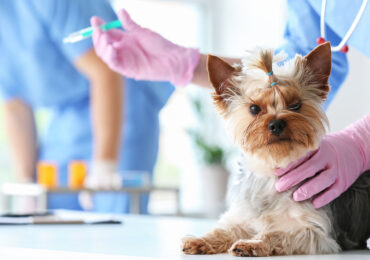Are you one of the four million homes in the U.S. that own a pocket pet, or are thinking about adding one to your family? We’re here to help you learn how to care for these little critters.
Pocket Pet refers to small animals such as guinea pigs, hamsters, hedgehogs, mice, rats, gerbils, chinchillas, and sugar gliders. All of these wonderful pint-size creatures require specialized care, so reading up on them before bringing one into your home is very important for their health and well-being.
Preparing to Care for Your Pocket Pet
Some pocket pets need to climb, so they will require a larger or more complex cage. Certain critters are comfortable being handled and will love to go along with their owners, while others prefer to be left alone in their cage and admired from afar.
Pocket pets’ nutritional requirements can range from a simple diet of pellets to a specialized diet, and knowing their specific needs is very important. For example, guinea pigs need Vitamin C supplements and sugar gliders eat a variety of foods from produce to insects.
Related: The Secret Life of Pocket Pets

Do some basic research to be mindful of your pocket pet’s specific preferences to create a care routine and home environment they will thrive in.
Some important questions to ask yourself are:
- What habitat and exercise needs does this animal have?
- Does the habitat need room for the animal to run or climb?
- Do I have room for a cage that will meet these habitat needs?
- What does the animal eat, and how specialized is their food? Can I easily purchase this food in my area?
- When does the animal sleep – night or day? How will this affect my household?
- How much interaction does this animal require? Do I have the time to fulfill these needs?
- How messy is the animal and how often will I need to clean the habitat?
- What are this pet’s veterinary care requirements; will they need more than a standard annual checkup?

Consider Your Pocket Pet’s Veterinary Needs
An important aspect to consider is the animal’s veterinary needs. How often your pet needs to visit the vet will depend on the type of animal.
Due to their shorter life expectancies and small size, pocket pets are often affected more quickly by illness compared to larger in-home pets and should be taken to a vet right away if you suspect they may be ill.
All pocket pets should be taken for an annual exam to ensure they are in good overall health. Hamsters often need to go two to three times per year, while rats and guinea pigs are prone to dental issues, leading to more frequent visits. Spaying and neutering is also an option for some pocket pets, chinchillas and guinea pigs to name a couple.
If you have done your research before purchasing your pet, you are sure to easily welcome the new member of your family into your home and enjoy your time with them!
To visit with our vets about whether a pocket pet is right for you, or to bring your current pet in for a checkup, call 701.757.3500 to request an appointment today.




